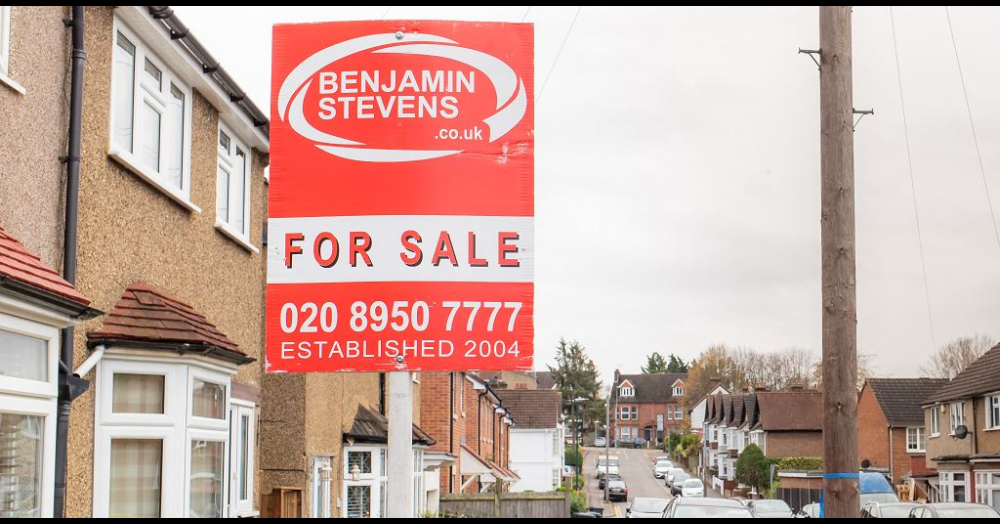
PROPERTY PRICE PREFIXES - SO MANY VARIATIONS BUT WHAT DO THEY EVEN MEAN??
When looking to buy a property, you'll notice that estate agents use various terminology and jargon when listing the marketing price. What do they even mean? And how do these different phrases affect you when you're making offers?
When looking to buy a property, you'll notice that estate agents use various terminology and jargon when listing the marketing price.
Is it guide price, or offers around?
What do they even mean?
And how do these different phrases affect you when you're making offers?
Deciding on the price to market your home for is super important. Go too high, and you risk putting viewers off. But you also don't want to go too low and sell your home for less than it's worth, do you?
And if you're looking to buy a property, what offer should you make?
How do you know what price to put forward?
If you offer too low, the sellers may be offended and refuse to negotiate with you. Similarly, you don't want to go in too high and spend more of your hard-earned money than necessary.
Negotiating to buy a property can be tricky, especially in a busy market where sellers have multiple offers to choose from. If you get the offer stage wrong, you'll probably miss out on that property altogether.
Whatever terminology is used, it almost always means that the advertised price for a property is simply a guide. It's an invitation for you, the offeror, to make an offer, somewhere in this price range.
However, the prefix can sometimes tell you additional information about the seller and their expectations.
Offers around
Offers invited
Guide price
Offers in the region of
The above options are all an invitation to make an offer in this general area. So, if a property is on the market for £200,000, the seller is likely to be looking for offers in the range of £190-210k. The ultimate selling price is not capped at this figure, though. It may go higher depending on the interest levels and other offers. If the seller has tons of viewing appointments booked in or has already had offers, they'll probably be less inclined to negotiate much on their price. However, if the interest in the property is low, there could be an opportunity to negotiate down.
In contrast, the following prefixes tell you that the sellers are looking for something different.
Offers over. This literally means that the sellers are looking for offers that are higher than their advertised price. There's no indication of how much higher they're looking for, so it's down to you to make an offer and find out. Usually, buyers will start at the advertised price and see where it goes and once a bid is on the table, the sellers may give an indication of what they're willing to accept.
POA. This means Price on Application, meaning that you have to contact the agent to find out what price they are advertising the property for. This is often used if a property is exclusive or if there are particular reasons not to publicly disclose the marketing price.
Asking price. This is the sellers' way of showing that they are not looking to negotiate. They're advertising at the lowest price they'd consider for the property.
From. Not as commonly used, this option shows that the advertised price is the starting point and offers should be higher than this figure.
Prices between x and y. Giving a price range can be used if selling a substantial property, such as a farm, that is also available in separate lots. Although some single dwellings also use this wording to show the range they will negotiate within.
Offers in excess of. Similar to Offers over or From, the advertised price is the lowest price that the sellers will consider. It's important to note that this doesn't mean that it will be accepted if you offer this price; your offer must be MORE THAN.
There are many ways to present the price when selling a property and you want to make it as appealing to buyers as possible.
And as a buyer, you need to take notice of the terminology used so you can be sure your offers are within the range the sellers are looking for.
Whether you are ready to move or you are just starting to think about moving. We have the perfect valuation type for each step of your journey.
Click here for an instant free valuation.
Click here for our website.
Call us today on 020 8958 1118.
Or click here for our Heads Up Property Alerts to keep you informed of all new properties that we put on the
market BEFORE they go onto the property portals!
Finding Your Way Home with Benjamin Stevens Estate Agents